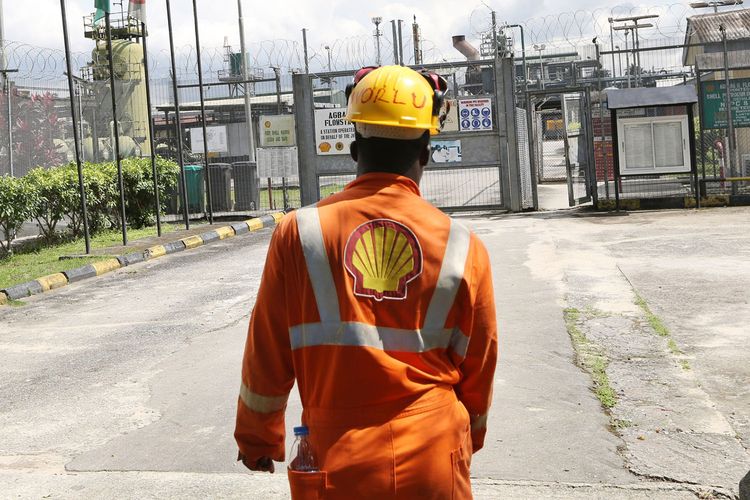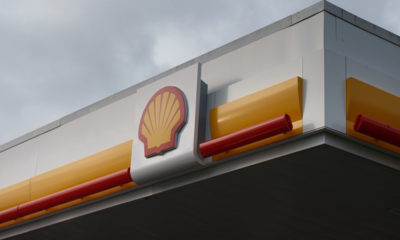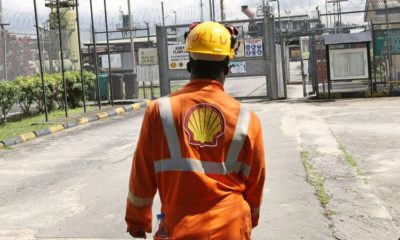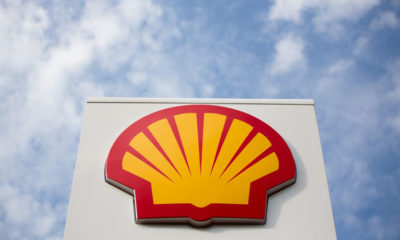- Shell Lifts Force Majeure on Bonny Light Exports
Royal Dutch Shell has lifted the force majeure in place on exports of a major Nigerian grade, Bonny Light, as tight global oil supply encourages sellers of Nigerian crude to offer many varieties at all-time high prices.
The Nembe Creek Trunk Line, which feeds the Bonny Light terminal, has been struck by three outages this year, worrying traders, although loading delays have only been around five days.
Around 20 Nigerian cargoes still remain from the June programme, while Nigeria’s new programmes are due next week, according to Reuters.
Demand is seen to be strong in Western markets given relatively high European gasoline cracks and the transition to a more expensive gasoline blend for the US summer driving season.
US-based Marathon Petroleum is set to take a very large crude cargo of a West African grade to the US Gulf coast, loading in June, its third such shipment in three months.
Qua Iboe was heard to be offered at dated Brent plus $2.70, Forcados at dated Brent plus $3.40 and Escravos at dated Brent plus $3.30 a barrel.
The International Energy Agency cited economic deceleration in Nigeria, along with Brazil and China, as contributing to reduced global oil demand.
The Paris-based organisation also pointed to reduced demand by India and Indonesia — key buyers of Nigerian oil.
Angola’s July loading programme was expected to emerge before the end of the week, while around three Angolan cargoes remain for June loading.
Asian demand may be weighed down by a sharp widening of the Brent-Dubai spread, DUB-EFS-1M, over the past week and steep backwardation.
Most traders believe China has few alternatives for Angola’s heavier oil grades, which are scarce in the global market because of US sanctions on Iran and Venezuela.
Turkey’s Tupras issued a buy tender for a cargo of West African crude for delivery between June 25 and July 10. It was set to close on Wednesday.
India’s IOC has two buy tenders for crude loading July 7-16 and June 22 to July 1, closing on Thursday.
The world will require very little extra oil from the Organisation of Petroleum Exporting Countries this year as booming US output will offset falling exports from Iran and Venezuela, the IEA said on Wednesday.
China’s crude oil throughput rose in April to match record daily levels, government data showed on Wednesday, buoyed by growing production at private refiners, including a mammoth new facility in the country’s northeast.

 Forex2 weeks ago
Forex2 weeks ago


 Naira1 week ago
Naira1 week ago
 Naira4 weeks ago
Naira4 weeks ago
 Company News4 weeks ago
Company News4 weeks ago
 Billionaire Watch1 week ago
Billionaire Watch1 week ago




 Naira2 weeks ago
Naira2 weeks ago




 Naira3 weeks ago
Naira3 weeks ago




 Naira1 week ago
Naira1 week ago
















